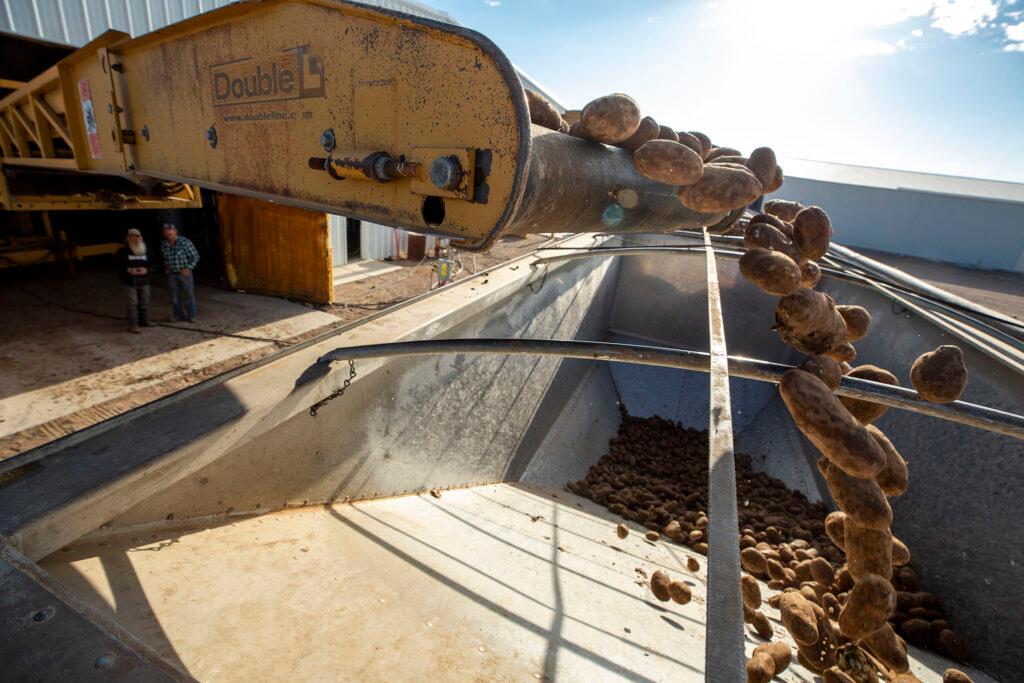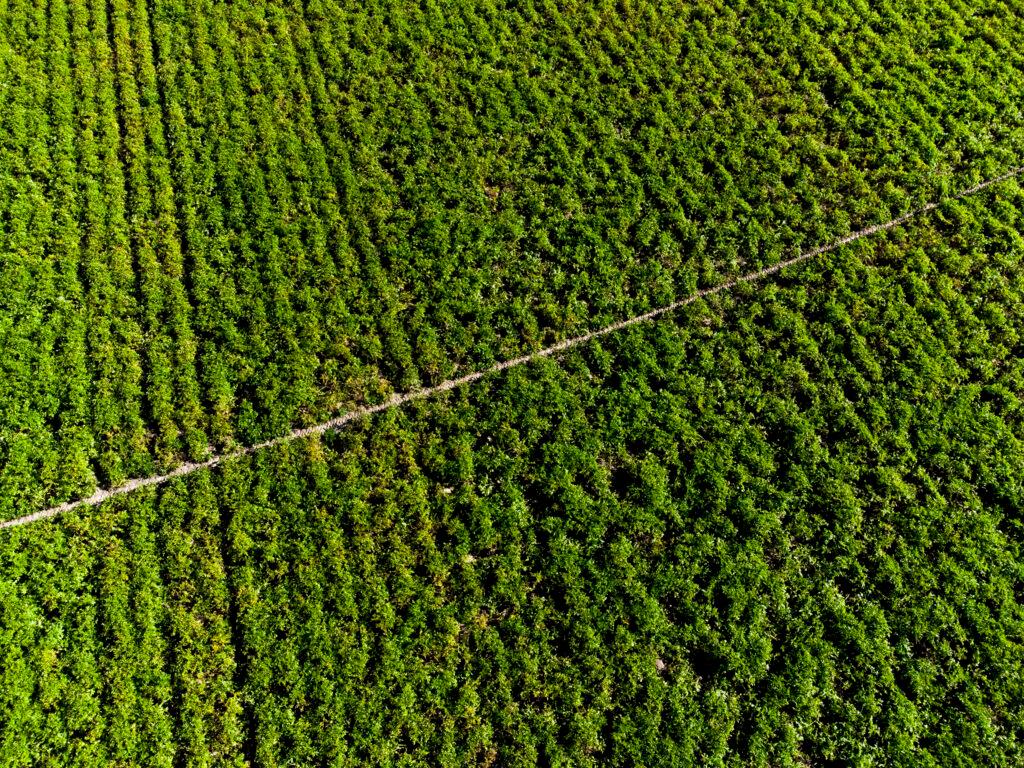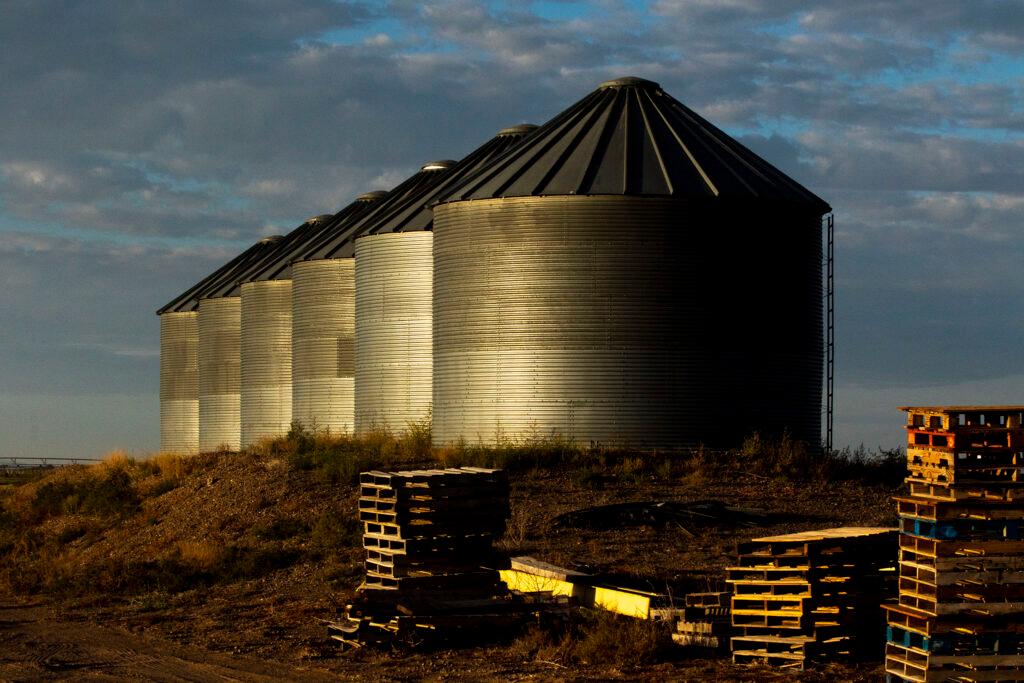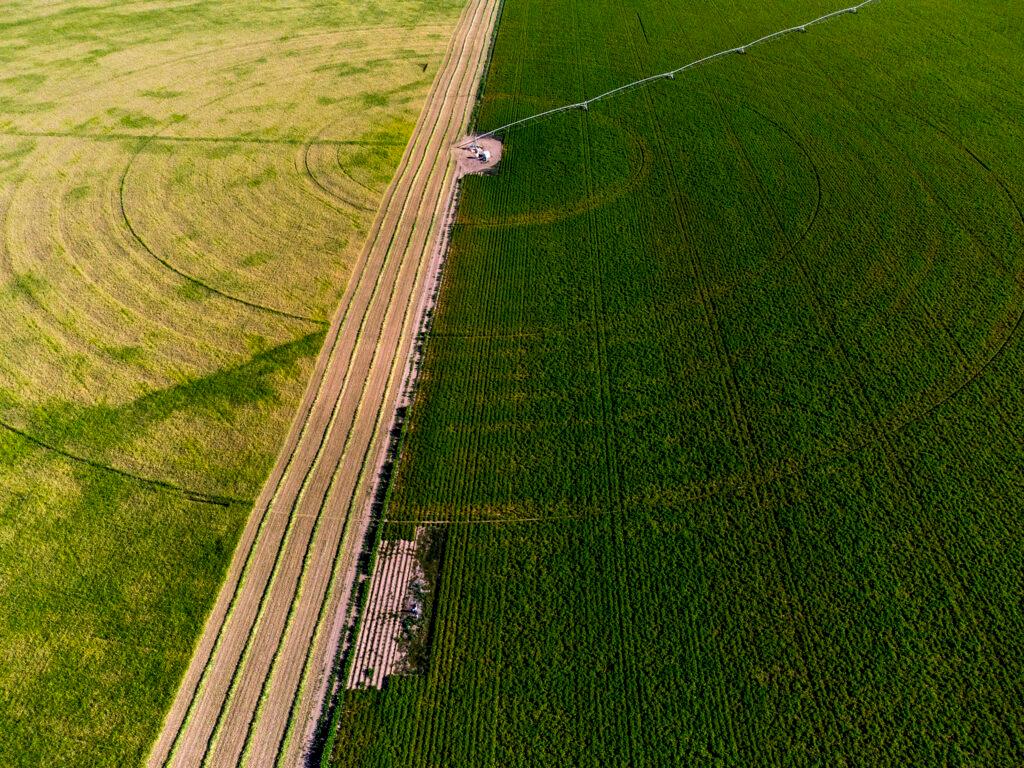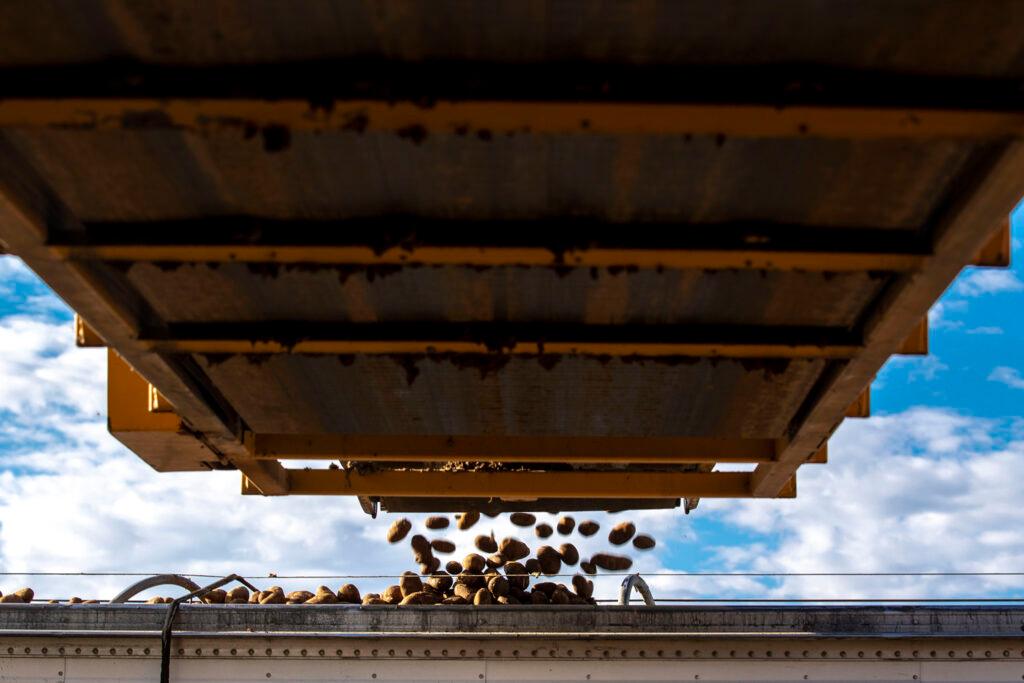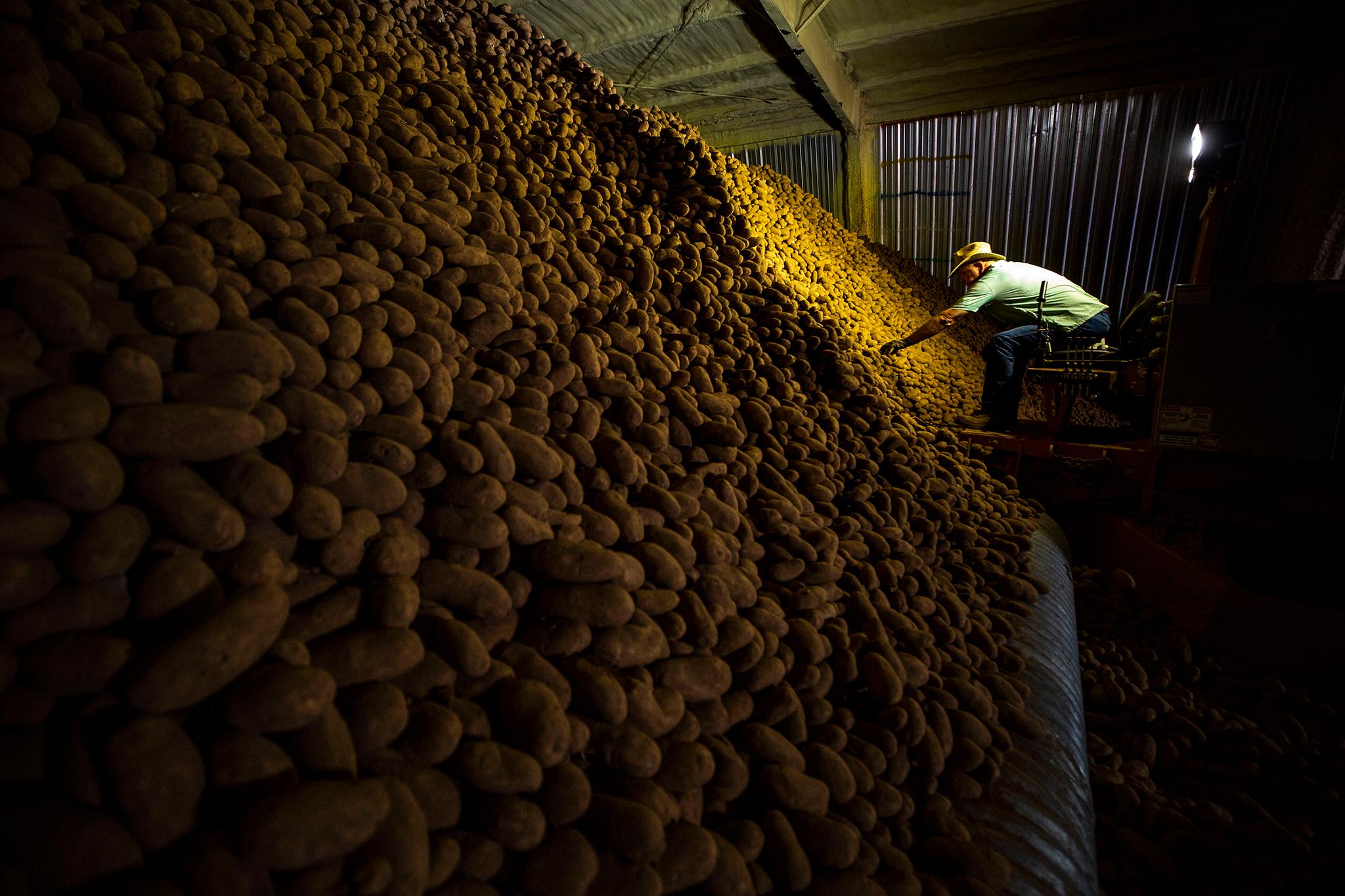
Colorado’s San Luis Valley produces more fresh potatoes than anywhere in the country outside of Idaho, and farmers there are welcoming a ruling by the Supreme Court of Mexico that clears the way for American potatoes to be sold in that country.
But they’re also skeptical because the court decision is just the latest round in a trade dispute that has dragged on for nearly two decades.
Dave Warsh grows millions of pounds of potatoes a year on his farm in Center, Colorado. When Colorado Matters asked if he’s optimistic he’ll be shipping more potatoes to Mexico any time soon, he chuckled.
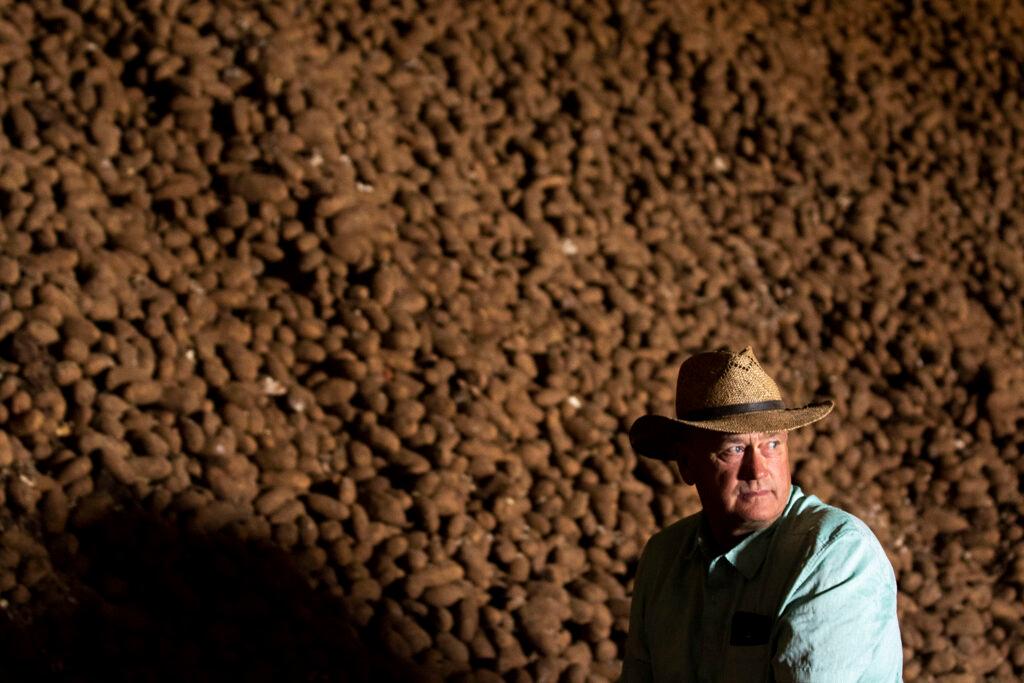
“No. This has been a long-going battle and I think it'll continue to have roadblocks,” he said.
The trade dispute stretches back to 2003 when the two countries reached an agreement that seemed straightforward. Mexico could ship avocados to the United States, and in return, the U.S. could sell potatoes there.
But almost immediately, Mexico implemented roadblocks. Today, the imbalance is stark: Mexico sells more than $2 billion worth of avocados in the U.S., compared to about $60 million of American potatoes sold there.
Why the imbalance? The Mexican potato industry is politically powerful, according to Jim Ehrlich, executive director of the Colorado Potato Administrative Committee.
“It's a very small group that basically controls the market. They've been referred to as a cartel in the past, the potato cartel,” Ehrlich told Colorado Matters. “Prices are kept artificially high in Mexico, and they have a good deal. They don't want to lose that deal.”
Fresh potatoes from the United States currently can only be sold in Mexico within 16 miles of the border. The rest of the country was supposed to be opened by the 2003 agreement, but Mexico imposed new rules, ranging from extensive pest testing to onerous packaging requirements. Potato shipments stalled as farmers worked to comply, Warsh said.
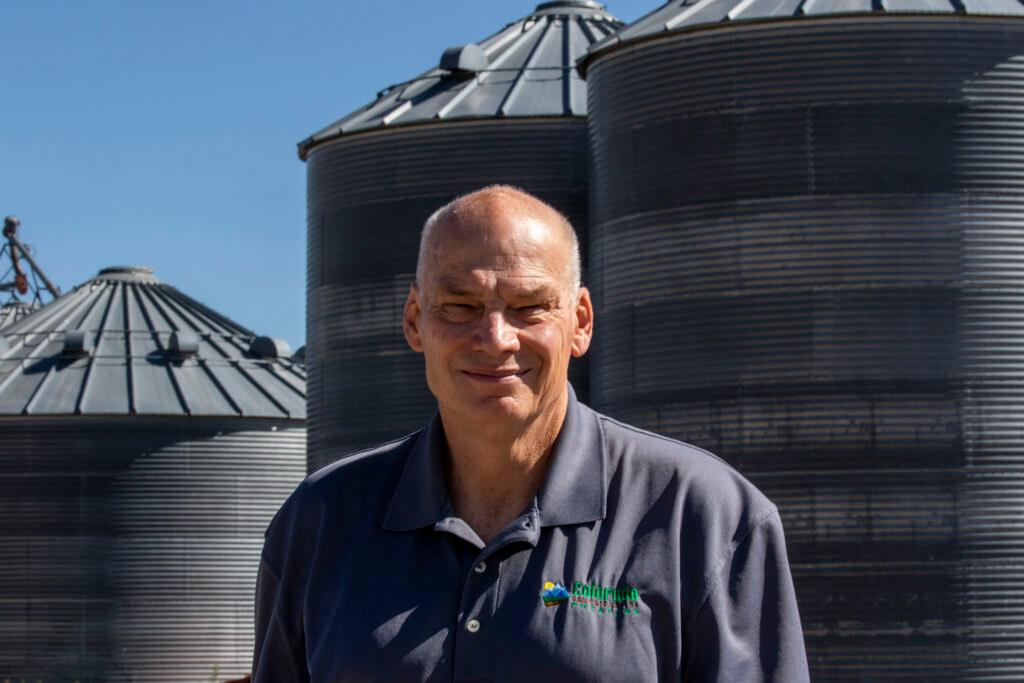
“We've jumped through every request that they've provided, or every roadblock that they've put up, in the last almost 20 years now,” he said. “Every time we jump through one hoop, they throw up a new one.”
In 2014, when the Mexican government briefly allowed fresh potatoes to be shipped throughout the country, their potato industry sued. That’s the case that just made it through the Supreme Court. Its decision should open the country to American potatoes. That could mean big upside for farmers in the San Luis Valley. The U.S. potato industry estimates that sales in Mexico could quadruple in just five years.
Warsh remains skeptical.
“Farmers typically in the U.S. always think that we're the victims of most trade agreements. And in this case we seriously are,” he said. “So I'm extremely frustrated.”

